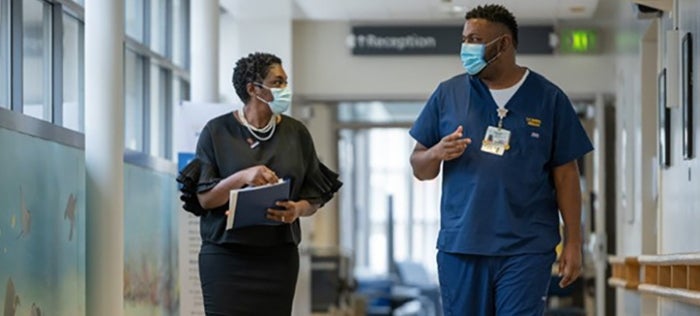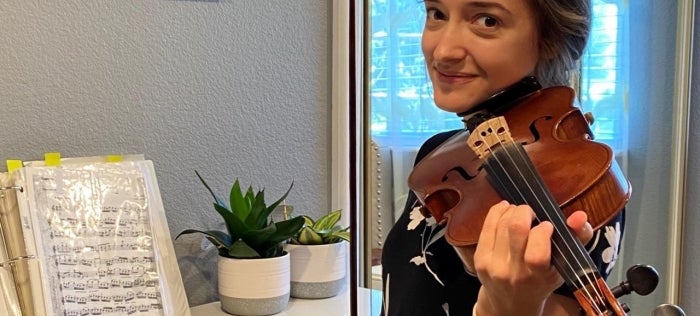Curing HIV by philanthropy
For decades, physicians would have been hesitant to even utter the phrase “eradicating HIV” because the hope for a cure was so far off, said UC Davis professor Satya Dandekar, who holds the endowed Dean’s Chair in the Department of Medical Microbiology and Immunology at UC Davis. But now, Dandekar and a team of researchers are on their way to doing just that.
First, a little background: The standard treatment for HIV, called highly active anti-retroviral therapy (HAART), has so far helped millions survive the human immunodeficiency virus (HIV). Unfortunately, HIV has a built-in survival mechanism, creating reservoirs of latent, silent virus that are invisible to both HAART and the immune system.
Dandekar and colleagues are investigating strategies for HIV eradication. They have identified a compound that activates latent HIV. This discovery offers the tantalizing possibility that the virus can be flushed out of the silent reservoirs and targeted for eradication. Even better, the compound (PEP005) is already approved by the FDA. This finding provides an opportunity to identify effective combinations of drugs for HIV eradication.
“We are excited to have identified a highly active candidate for HIV reactivation and eradication that is already approved and is being used in patients,” Dandekar said.
Dandekar in part credits her endowed chair for the incredible progress she has made in her career. “Having an endowed chair gave me the flexibility to explore different ideas and seek connectivity that is not obvious and expand my research into new directions,” she said.
Recently, Dandekar and a team of multi-disciplinary researchers have expanded their research to examine how the gut and brain serve as sanctuaries for HIV, thereby impacting cognitive functions and resulting in psychiatric issues. Her research on HIV will also have a direct impact on the study and treatment of other chronic inflammatory conditions and the involvement of the immune system.
Dandekar believes that philanthropy in the near future can greatly advance game-changing discoveries for enhancing human health by supporting collaborations across various scientific disciplines.
“These are exciting times for scientific discoveries and their applications,” Dandekar said. “We have the opportunity to leverage latest technological advances at the intersection of various disciplines to make advances in human health, many of which would not be possible without philanthropy.”
Dandekar is grateful she can use some of the funds from her endowed chair to provide resources to help students and junior faculty members with their programs and research. “Philanthropy accelerates change,” Dandekar said. “It helps us build a better future and train a workforce that is fully capable of solving emerging scientific challenges. There’s an old saying that those who think of the future generations invest in educational institutions. Philanthropy empowers universities to serve that purpose and ensure that medical research continues to trailblaze.”


